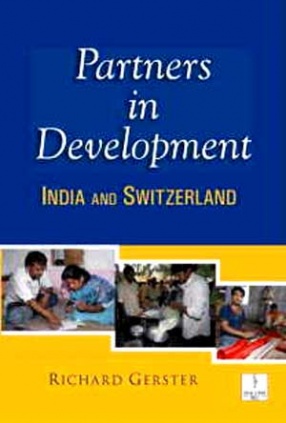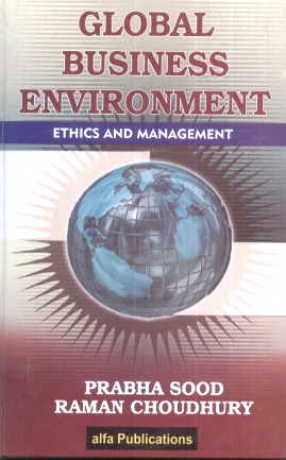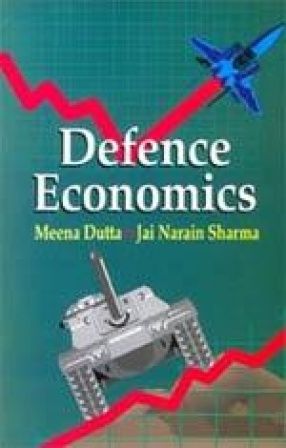This abundantly illustrated, accessible and perceptive account of the Indo-Swiss cooperation in India’s development programme is a remarkable book. The cooperation dates back to 1958, and it is not widely known that Switzerland was the first country to enter into a treaty of friendship with the then newly independent India on 14 August 1948.
Development interests were preceded by business interests and the first Swiss watches reached the subcontinent around 1600. By the end of 2005, Switzerland ranked tenth among foreign investors in India.
Partners in Development, as the title suggests, brings out the rare quality of a partnership between a donor and a recipient country. Written with a dispassionate assessment of this dynamic relationship which has undergone changes as India has itself become a donor country, the book throws open many important questions relating to development programmes in India today. The book states candidly that however important in specific instances, development cooperation should not be overestimated and that the Indo-Swiss development cooperation has benefited both sides. Nevertheless it comments that India is indeed a world economic power today, and Switzerland, jointly with other foreign agencies, has contributed to this success.
The book begins with an excellent introduction of the country’s brief history from independence to the present day, and concludes that India’s ‘economic miracle’, however important, is not as impressive as the survival and vitality of the country’s democratic institutions. This idea has been echoed by Gerster and other contributors to this volume.
It then moves on to dwell on areas where the cooperation has been successful as well as where it has not. The important areas of success have been in vocational training, animal husbandry and dairy farming, biotechnology and microfinance and methodology.
The book brings in a note of uncertainty about the future of development programmes in India. It ends by pointing out that there are many issues that can be resolved only through international cooperation.





There are no reviews yet.